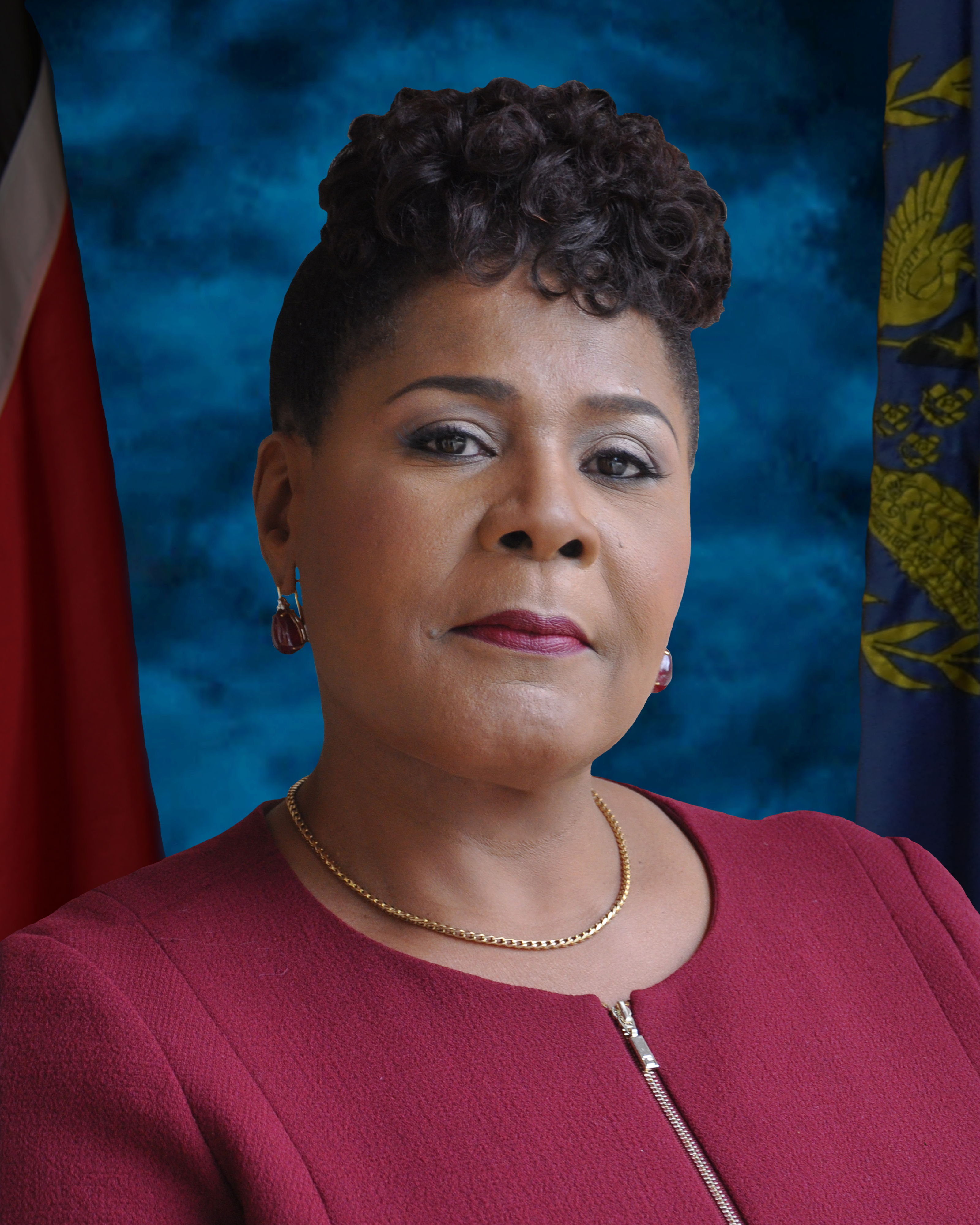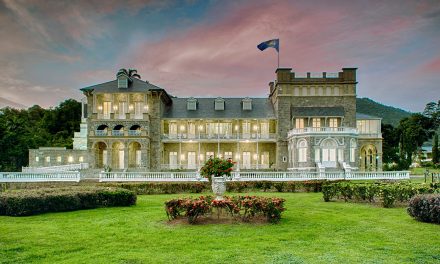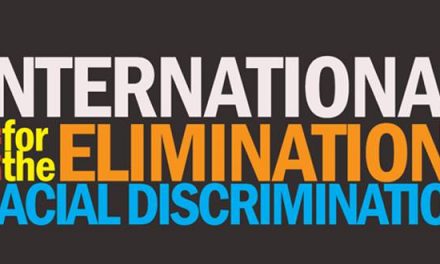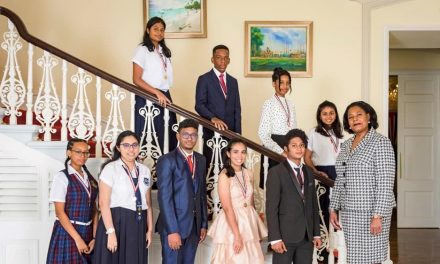National Academy for the Performing Arts, 8th January, 2019
“Excellence is never an accident. It is always the result of high intention, sincere effort, and intelligent execution; it represents the wise choice of many alternatives – choice, not chance, determines your destiny.”
It is hotly debated, whether these words are attributable to the Grecian philosopher Aristotle, but what is beyond dispute is that this maxim contains essential and immutable truths which I suspect that our youthful awardees have already discovered.
Excellence is not a result of wishful thinking, sheer luck or happenstance. It is rather the culmination of concrete goals, hard and smart work aligned with those goals and judicious decisions.
The students, that we honour and congratulate today, together with many others have applied what I will call the ‘Aristotle’ formula and have reaped what they have sown. No doubt assisted by their parents and teachers, they set ambitious but realistic targets, formulated sensible strategies and buckled down and did the difficult, and I hope at times enjoyable, work to bring it to the reality that we celebrate today.
I congratulate all of you – Sadhana, Amrita, Cassandra, Joshua, Saiesh and Jada on your stellar achievement. Parents, family members, teachers and friends let your chest swell with pride at the success of your charges; your support was the foundation on which their academic achievements were built. According to Anatole France, French poet and novelist – “Nine tenths of education is encouragement” and so no celebration of the accomplishments of our awardees can be complete without recognition of the part played by you, their support system.
But even while we recognise and celebrate these remarkable accomplishments, I want to ask a question …. To what end? Undoubtedly, a bright scholastic future lies ahead of our awardees and with it is likely to come further accolades, important jobs, financial security, lofty-sounding titles and impressive resumes; none of those things is to be sneezed at, but neither do they guarantee a good and happy life. Without more, academic success does not produce a good child, a good friend, a good person or a good citizen.
In our society there are many multi-degreed people who are selfish, inconsiderate, greedy, uncaring and amoral, without the empathetic bonds necessary to make them valuable people. Be vigilant, scholars, that this does not happen to you. Take the time and make the effort, even while keeping up with your studies, to grow and develop your kindness, your generosity, your compassion, your moral compass, your patriotism.
I hope that these qualities are an important, in fact an integral, part of your master plan and that you have already begun to develop them alongside your studies, with the help and guidance of the adults in your life.
Parents, it is easy to lose sight of these developmental blocks in the ungodly rush to secure first place in the narrow metric often used to measure success. I ask you to be as concerned and consumed about your children’s character and public spirit as you are about their academics. They must go hand in hand if we are to harvest true and meaningful benefits from your investment in them. Home and school must be a tag team to wrestle with both obvious and insidious distractions and enticements that can keep them from reaching their full potential.
I take this opportunity to speak with those with responsibility for our education system. If we are honest, we would admit that, by and large, the curricula are not delivering the quality individual that we need to build this nation. I am not, on this occasion, speaking about the mismatch between subjects offered and the requirements for sustainable development, but rather about the absence of a built-in component to incubate and inculcate the characteristics necessary for good citizenship. Is our system producing the young people we need to create a society in which they would want to raise their children? Only a small percentage of our students is going to be absorbed into the traditional professions but 100% of them are going to be citizens, whose conduct, value systems and love for country will determine our viability as a prosperous nation, in every sense of the term.
For six years, I taught the course “Ethics Rights and Responsibilities of the Legal Profession”. I was disappointed to find that a significant percentage of the students, among them scholarship winners and other high achievers were lazy and dishonest, had a sense of entitlement, and wanted maximum return for minimum effort. It was clear that these failings of character had been carried over from their earlier interaction with the education system.
If those young people are any sample of whom we will depend on to take our country forward, I am very troubled. While the home environment is a large contributor to the shaping of values and mores, it cannot be denied that school also, has a significant role to play. Well-trained teachers and well-designed curricula, providing age-appropriate material and consistent messages to their captive audience can imbue receptive minds with wholesome habits, philosophies and practices; integrity, honesty, decency, respect, compassion and a zeal for hard work.
Dinosaurs like me can remember a primary school diet of patriotic national songs and pledges, a subject called Civics which is the study of the rights and duties of citizenship, identifying national symbols and learning the national motto, not to mention field trips to the Bird Sanctuary, Temple in the Sea, the Pitch Lake, Devils’ Woodyard and other local sites. It was mandatory that we knew the names of our members of parliament and government ministers and ministries.
This focus continued seamlessly into secondary school where we drilled down into the history of Trinidad and Tobago, with emphasis on our route to nationhood. We learnt of the literary works of the sons and daughters of our soil, of national icons like Beryl McBurnie and Baby Susan in dance, famous painters like Cazabon, mas makers like George Bailey and Cito Velasquez, wire-bender extraordinaire, Sundar Popo the father of Chutney Music and the evergreen Mungal Patasar, instrumentalist.
This old school methodology had a purpose, it was designed and did bring us to know and own ourselves, where we had come from, how we got to where we were and where we wanted to go as a nation.
From my vantage point as President of the Republic of Trinidad and Tobago, it would seem that it is time to re-think the education system, if we are to have any chance of producing the individuals that we want and need to lead this country into the future. That does not happen ‘just so’, there needs to be a comprehensive plan running through Early Childhood Education and Primary and Secondary schooling.
Children, go to school and learn well, understanding that the real purpose of education is to equip you to make a useful contribution to society and it is never too early to begin thinking how. The late Nelson Mandela was spot on when he said, “Education is the most powerful weapon which you can use to change the world.” Education is more than examinable subjects, it is the sum total of the knowledge, skills, attitudes, principles and values that you acquire over the course of your lifetime.
In some areas you must take responsibility for educating yourselves. Keep at your books but broaden your horizons. Explore the arts – music, poetry, art and design, engage in volunteering, there are dozens of options, keep current with local news and developments, there is election next year follow the campaigns, analyze the manifestos. You are not too young to have informed opinions.
It is a hackneyed expression, but relevant today, “From everyone to whom much has been given, much will be required.” You have all benefitted from our education system and now you must give back. Your Trinidad and Tobago will be only as good as you make it. People often bemoan the ‘state’ of society without realising that society is nothing more than a mirror reflecting us collectively, our attitudes, our practices, our principles.
I often speak of hope, hope for our nation. It is not an illusion, I see it as I look at you, young, bright, and eager. Make a choice – don’t leave it to chance. Channel your talents, your energies, your creativity into making Trinidad and Tobago, in the words of Mighty Sniper “this lovely land of our birth, small but overwhelming in worth”, a land of which we can all be proud and glad.
May God bless our Nation.







